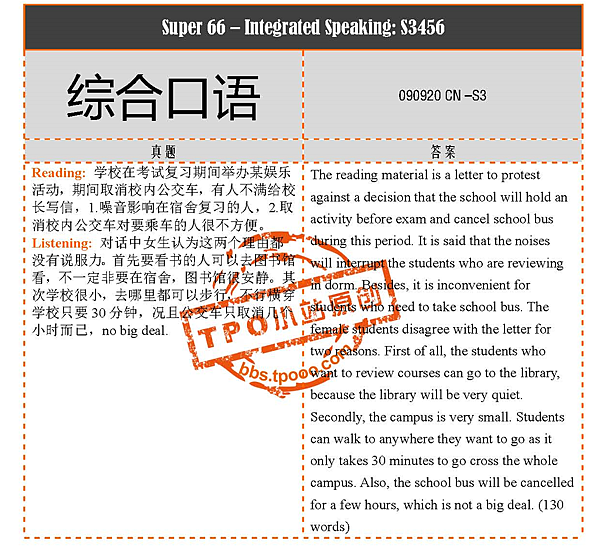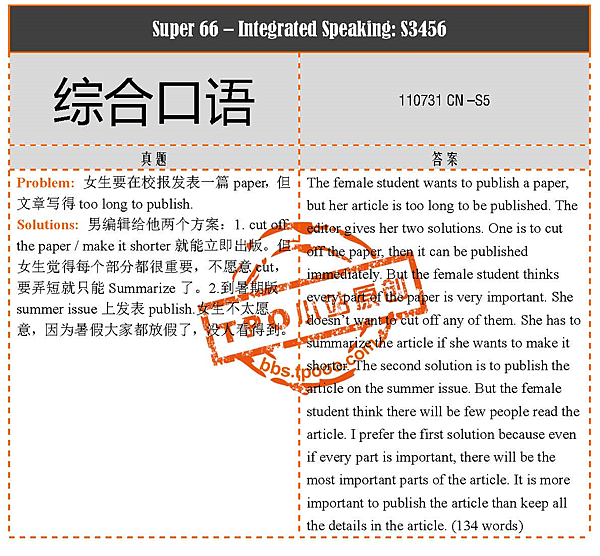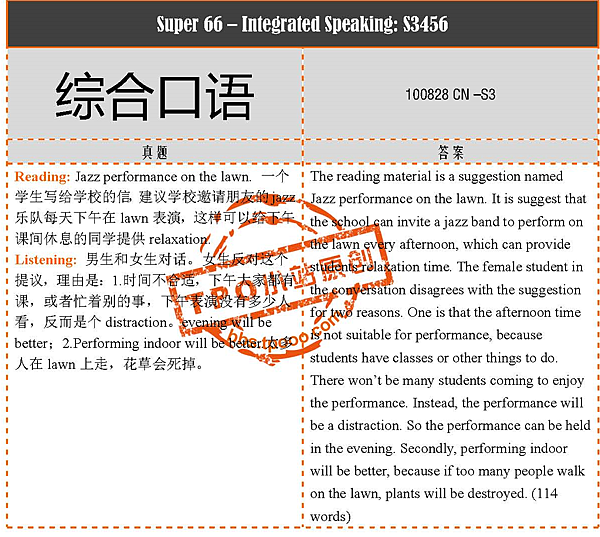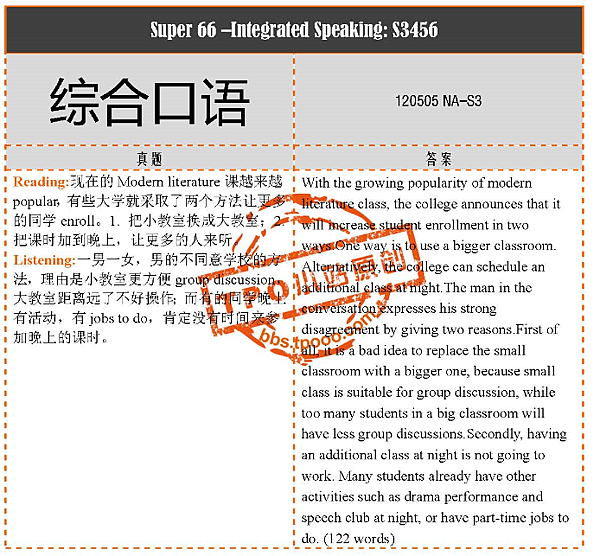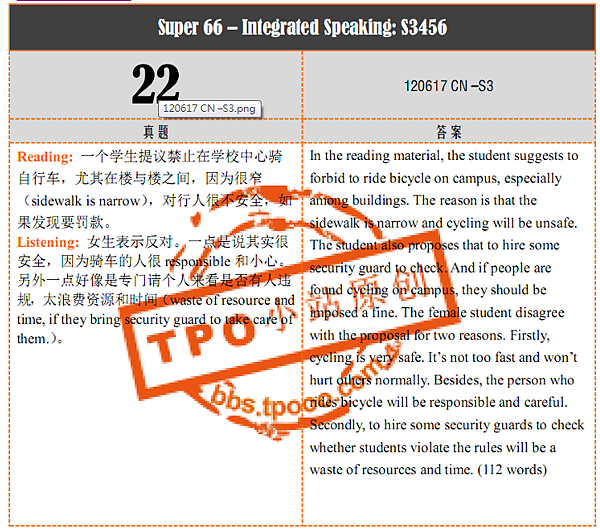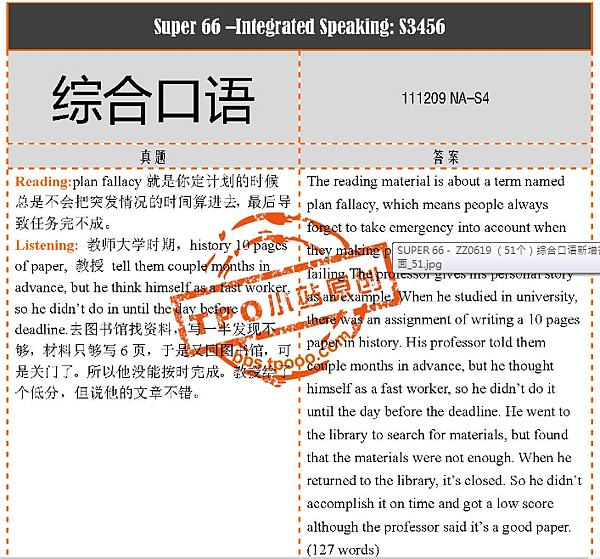The professor actually contradicts the statements made in the passage. She is of the view that dinosaurs are not endotherms i.e. they were not able to keep their body temperature at a constant rate.
The professor contradicts the issue of dinosaurs being endotherms based on the availability of fossils being available in the polar regions, she say that the polar regions in those days were not as cold as they are today i.e at least warm enough for dinosaurs to live. During harsh winters she says that there is a possibility of the dinosaurs actually migrating to warmer regions.
The issue of leg position and movement being used as a reason to classify the dinosaurs as endotherms does not please the professor either. She says that dinosaurs had legs under their bodies to support their huge bodies i.e the legs under the body of the dinosaur were actually to support the huge weight of the dinosaur and not to provide it with a body structure like endotherms(which is actually suited for running).
The professor acknowledges the presence of haversian canals but also points out that that the fossils show the presence of growth rings. These rings occur due to the thickening of the bone. The thickening indicates that the dinosaurs weren’t actually growing continuously but were experiencing periods of rapid growth and periods of no growth in succession. This pattern. she says is characteristic of non endothermic animals.
Thus it can be inferred that the professor challenges the passage by giving reasons as to why she thinks that the dinosaur is not an endotherm.
Description of Response:
Despite initial appearances, this response largely succeeds in clearly and accurately presenting how the lecture points take issue with the points in the reading passage that dinosaurs were endotherms. The first point regarding dinosaurs in polar regions could be a bit clearer. Otherwise, the response mainly suffers from typographical errors, but these are not regarded as major problems; it is obvious that the writer has good control of structure and vocabulary and the ability to use these to convey in an organized and logical manner what has been understood and asked.








